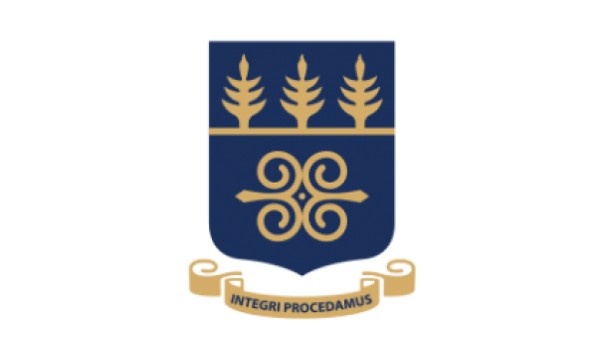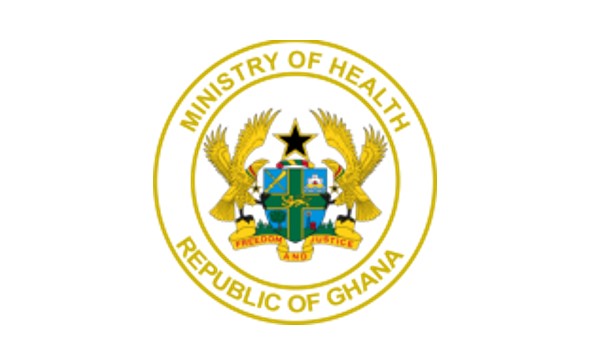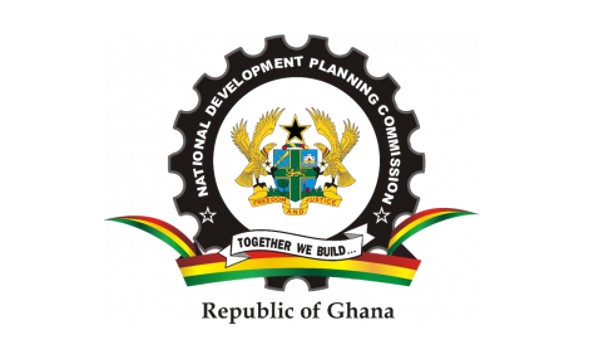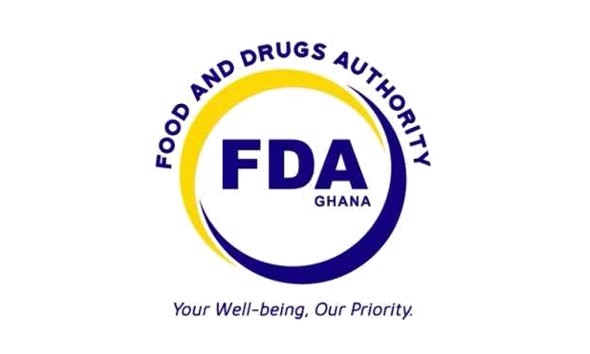Coalition Partners
Our coalition partners are drawn from areas of academia, health, planning and food and drugs regulation.
Our team, partners with academics, government ministries, agencies, and departments.
Get to know about our partners:

Established in 1948, the University of Ghana is a premier institution and a leading center for training, research, and innovation. Its mission is to provide and promote university education, learning, and research. Aiming to impact both nationally and internationally, the University launched a Strategic Plan (2014-2024) to become a top research-intensive university globally. The Vision is to become a world-class research-intensive university within a decade, and the Mission is to create an enabling environment that enhances relevance to national and global development through cutting-edge research and high-quality teaching and learning.

The Ministry of Health (MoH), established under the Civil Service Law, 1993 (PNDC Law 327), coordinates health policies for effective service delivery in Ghana. Its four main objectives are: ensuring sustainable, affordable, and accessible healthcare (Universal Health Coverage); reducing morbidity and mortality, and controlling non-communicable diseases; enhancing governance efficiency; and preventing communicable diseases, including reducing HIV/AIDS and other STIs among the vulnerable. The MoH aims to improve health through proactive policies for public and private sectors, providing universal access to basic health services, and ensuring quality, affordable healthcare.

The National Development Planning Commission (NDPC) is Ghana’s authoritative planning body, established under Articles 86 and 87 of the 1992 Constitution. The NDPC Act, 1994 (Act 479) and the National Development Planning (System) Act, 1994 (Act 480) provide its legal framework. NDPC advises the President and Parliament on national development planning policy and strategy, creating a national development policy framework. It prepares and ensures effective implementation of national development plans, coordinating economic and social activities to promote accelerated, sustainable development and improve living standards for all Ghanaians.

The Food and Drugs Authority (FDA) is a government agency mandated by the Public Health Act, 2012 (Act 851), to provide and enforce standards for the manufacture, importation, exportation, sale and distribution of food, drugs (herbal/allopathic/veterinary), cosmetics, medical devices, household chemical substances, tobacco and tobacco products, blood and blood products and the regulation of Clinical Trials in a bid to safeguard public health and safety.